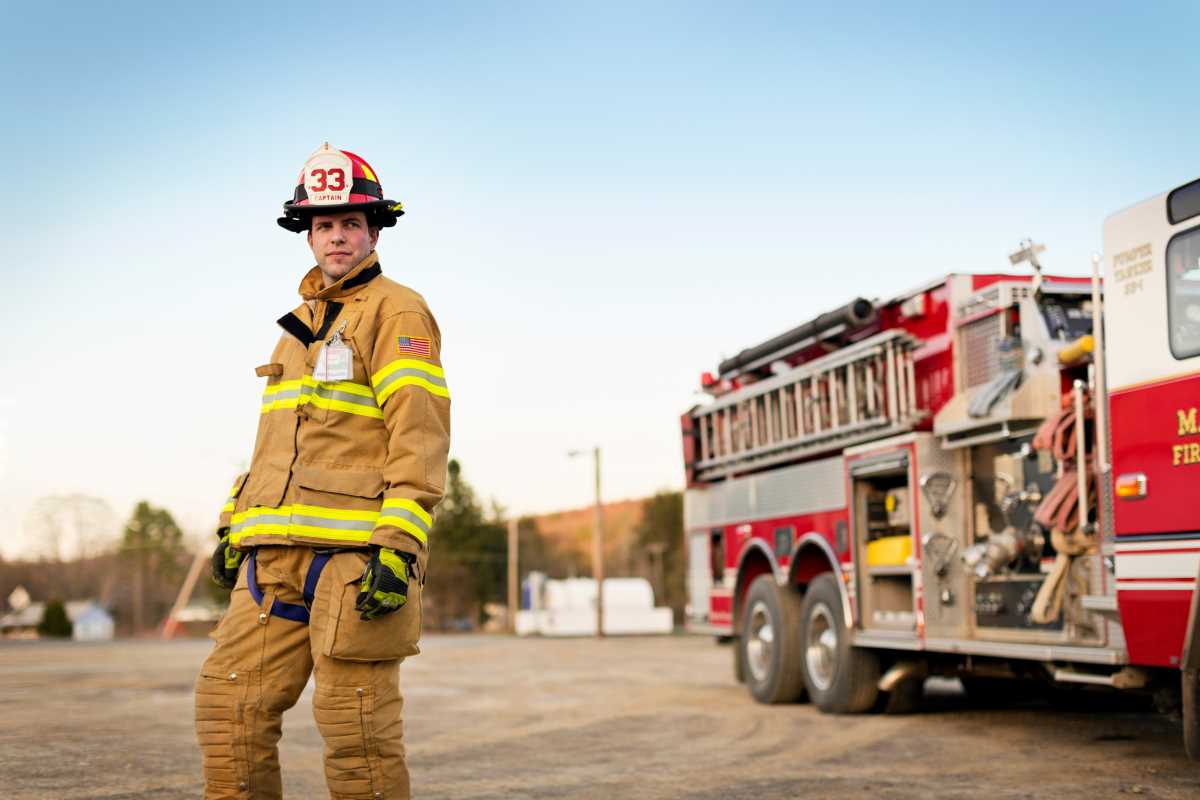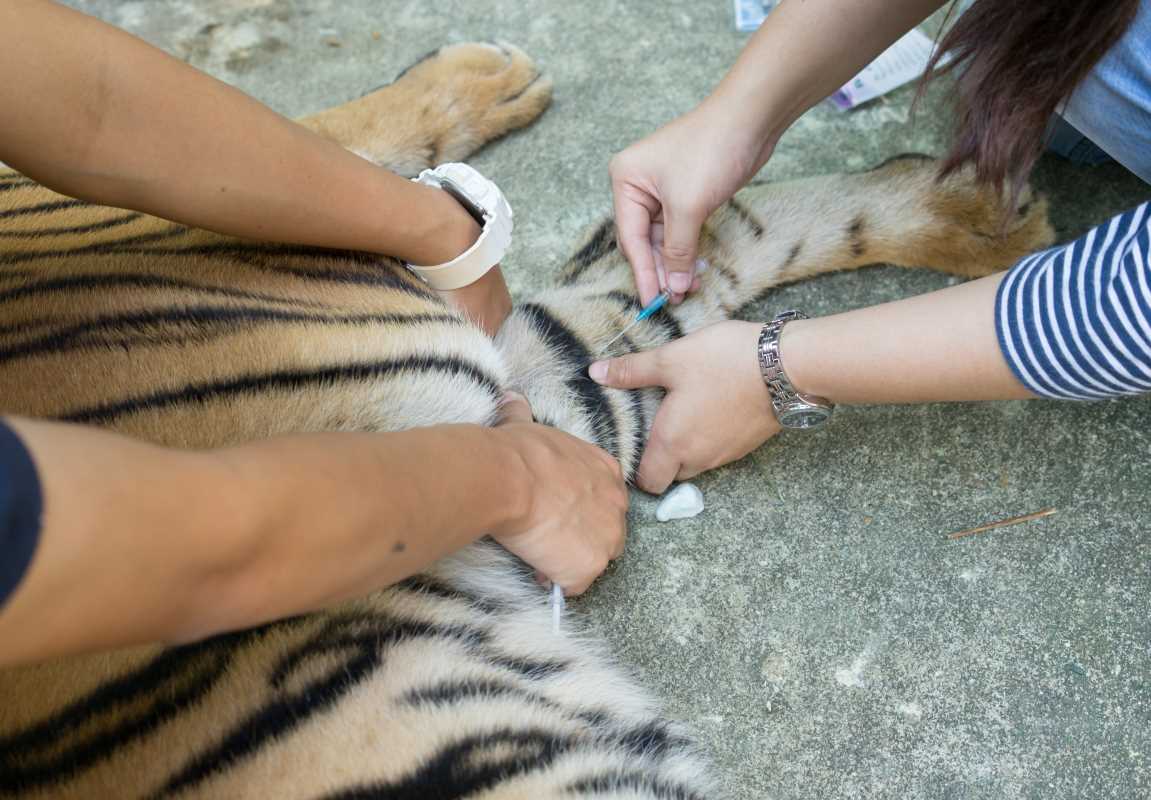When you think about choosing a career, what comes to mind? You probably picture common jobs like a doctor, teacher, lawyer, or accountant. These are all respectable and important professions, but they represent just a tiny fraction of the possibilities out there. The world of work is vast and filled with fascinating, strange, and incredibly cool jobs that most people don't even know exist. These are the roles that don't show up on standard career aptitude tests. They are the kinds of jobs that, when you tell someone what you do, they reply with, "Wow, that's a real job?" This guide will pull back the curtain on some of these unique careers. Forget the ordinary; we're diving into professions that are anything but typical, proving that you can find a rewarding career that perfectly matches your unique passions and skills, no matter how unusual they may seem.
Ethical Hackers
When you hear the word "hacker," you might picture a shadowy figure in a dark room trying to steal information. But what if hacking could be used for good? That’s exactly what an ethical hacker does. Also known as "white hat" hackers, these professionals are security experts who are hired by companies to intentionally try and break into their computer systems. Their goal isn't to cause damage but to find weaknesses and vulnerabilities before malicious hackers can exploit them.
Think of it like a bank hiring someone to try and crack their safe. By figuring out how a thief could get in, the bank can then strengthen its security to prevent actual robberies. Ethical hackers do the same thing for a company's digital assets. They might try to bypass a firewall, find flaws in a website's code, or trick employees into giving up passwords through simulated phishing attacks. They then provide a detailed report to the company, outlining the security holes they found and recommending ways to fix them. To get into this field, you need a deep understanding of computer networks, programming, and cybersecurity principles. Many ethical hackers start by earning certifications like the Certified Ethical Hacker (CEH) and are driven by a passion for problem-solving and digital puzzles.
Food Stylists
Have you ever looked at a picture of a burger in a magazine or a commercial and thought it looked impossibly perfect? That’s not an accident; it’s the work of a food stylist. A food stylist is a culinary artist whose job is to make food look delicious and appealing for photography and video shoots. This job is part chef, part sculptor, and part mad scientist. The food you see in advertisements often isn't meant to be eaten.
For example, that perfect-looking ice cream might actually be a scoop of colored mashed potatoes or lard, because real ice cream would melt too quickly under hot studio lights. The "milk" being poured over cereal is often white glue, which has a better consistency and won't make the flakes soggy. Steam rising from a hot dish might be created with a hidden tube blowing out vapor. Food stylists use a variety of tools and tricks, from tweezers and paintbrushes to blowtorches and glycerin (to create fake water droplets). They work closely with photographers and directors to compose the perfect shot, ensuring every crumb and garnish is in its ideal place. It's a creative field for those who love food and have an artistic eye.
Underwater Welders
Imagine putting on a heavy diving suit, descending deep into the ocean or a river, and using a high-powered torch to mend the steel structure of a bridge or an oil rig. That’s a day in the life of an underwater welder. This is one of the most dangerous, demanding, and highly paid skilled trades in the world. These professionals combine the skills of a commercial diver with the technical expertise of a welder to perform construction and repair work in submerged environments.
There are two main methods they use: wet welding and dry welding. Wet welding is done directly in the water using a special waterproof electrode. Dry welding involves creating a temporary watertight chamber around the area that needs to be welded, allowing the welder to work in a dry environment even though they are underwater. This job requires exceptional physical fitness, mental toughness, and the ability to stay calm under immense pressure. The training is intense, requiring certifications in both commercial diving and various types of welding. Because of the high risks and specialized skill set involved, experienced underwater welders are in great demand for projects involving offshore oil platforms, sub-sea pipelines, and marine infrastructure.
Voice-Over Artists
Do you ever stop to think about the voice that narrates a documentary, announces the characters in your favorite video game, or guides you through a company’s phone menu? That voice belongs to a voice-over artist. These professionals use their voices to bring scripts to life for a huge range of media, including commercials, animated shows, audiobooks, movie trailers, and corporate training videos. It's a field that requires more than just a pleasant-sounding voice.
Successful voice-over artists are skilled actors who can convey a wide range of emotions, tones, and characters using only their voice. They might need to sound like an energetic teenager for one project and a wise old narrator for the next. Many voice-over artists build a home studio with a quality microphone and soundproofing to record auditions and projects for clients all over the world. Getting started often involves taking acting or improv classes and creating a "demo reel"—a short audio compilation that showcases your vocal range and abilities. It's a competitive but flexible career that allows you to play a different character every day.
Trend Analysts
Some people have an uncanny ability to predict what's going to be popular next, whether it's in fashion, technology, or food. For trend analysts, this isn't just a knack; it's a profession. A trend analyst, or forecaster, is a researcher who identifies and analyzes patterns in consumer behavior to predict future market trends. They help companies understand what customers will want to buy in the months and years to come.
To do this, they gather data from a wide variety of sources. They might study runway shows in Paris, analyze social media conversations, track sales data, and conduct consumer surveys. They look for shifts in culture, social values, and technology that could influence people's choices.
 (Image via
(Image via





